
The Ideology of Fossil Fuels
Imagining a low-carbon world means revisiting our conception of freedom itself.
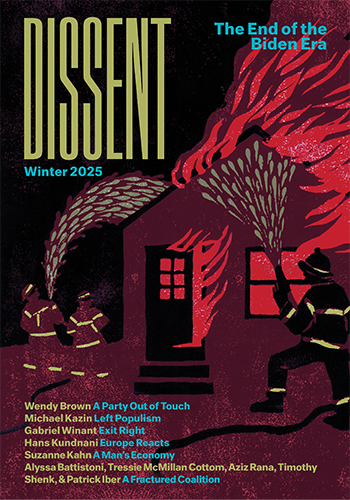

Imagining a low-carbon world means revisiting our conception of freedom itself.

In his survey of the writing of dictators, Daniel Kalder is so dismissive of the tyrants’ actual ideas that it becomes difficult to understand why they had any power in the first place.
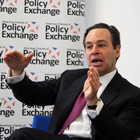
Channeling the anti-Trump #Resistance, a slew of recent books seeks to reduce democracy to a defense of political “norms.” But overcoming today’s crisis will take more political imagination.

One of the “hottest radicals” of the early twentieth century, Max Eastman is now largely left out of the pantheon of the left. Can we still learn from this idiosyncratic editor today?
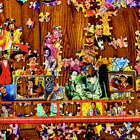
Leftists have reason to be optimistic, not because demographics will save us, but because a growing number of progressives are rediscovering the value of good old-fashioned organizing.
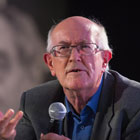
One of France’s most influential contemporary thinkers, Marcel Gauchet manages to craft a compelling historical account of half a millennium, exploring how we arrived at today’s crisis—and how we might get out.

Set on and around the New York City waterfront, Jennifer Egan’s new novel Manhattan Beach offers a feminism suited to the “lean in” age.
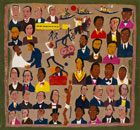
Abolitionism is often depicted as an ineffectual campaign led by white liberals, but it was actually a radical, interracial movement—galvanized above all by the resistance of slaves themselves.

A crucial new work of generational analysis explores how society turned millennials into human capital.
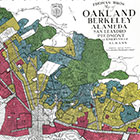
In The Color of Law, Richard Rothstein unveils how the federal government deliberately promoted housing segregation, deepening racial inequality and violating the Constitutional rights of millions of Americans.
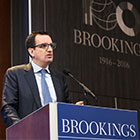
They present themselves as a policy vanguard. But think tanks like Brookings have become startlingly backward-looking and incapable of charting a new path for the United States in the twenty-first century.

In The End of Eddy, Édouard Louis uses literature to enliven working-class society in a way that neither sociology nor history can.
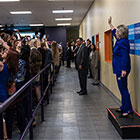
How “There Is No Alternative” gave us Donald Trump.
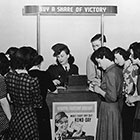
During the Second World War, the United States had a centrally planned economy—and the most rapid economic growth in U.S. history. What lessons can we take from the war economy today?
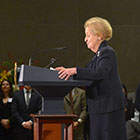
Stephen Kinzer is one of the few mainstream voices reminding Americans of our imperial identity. In The True Flag, he takes us back to where he thinks it all began—1898, when the U.S. political class pushed off on the quest for global domination.